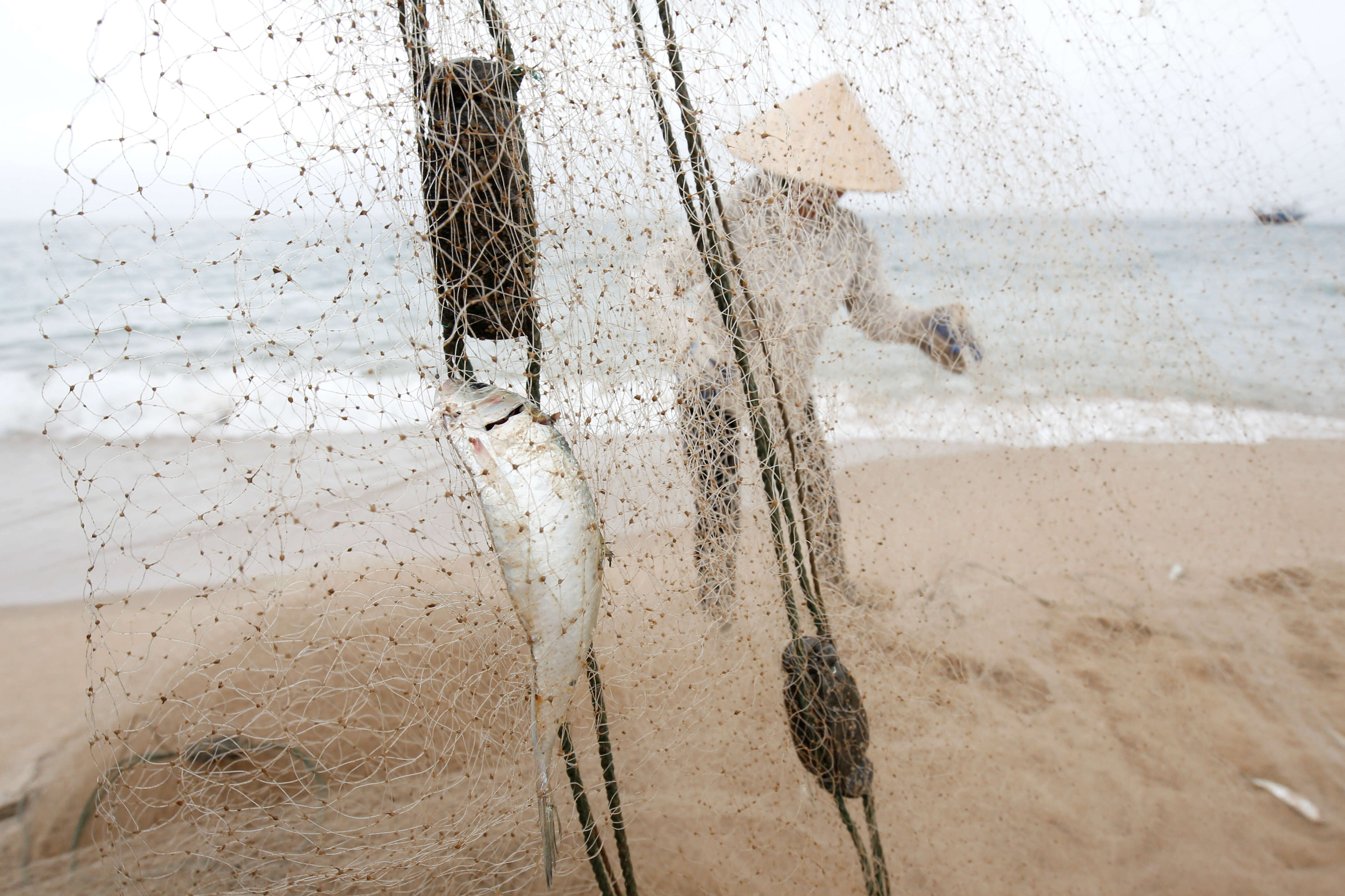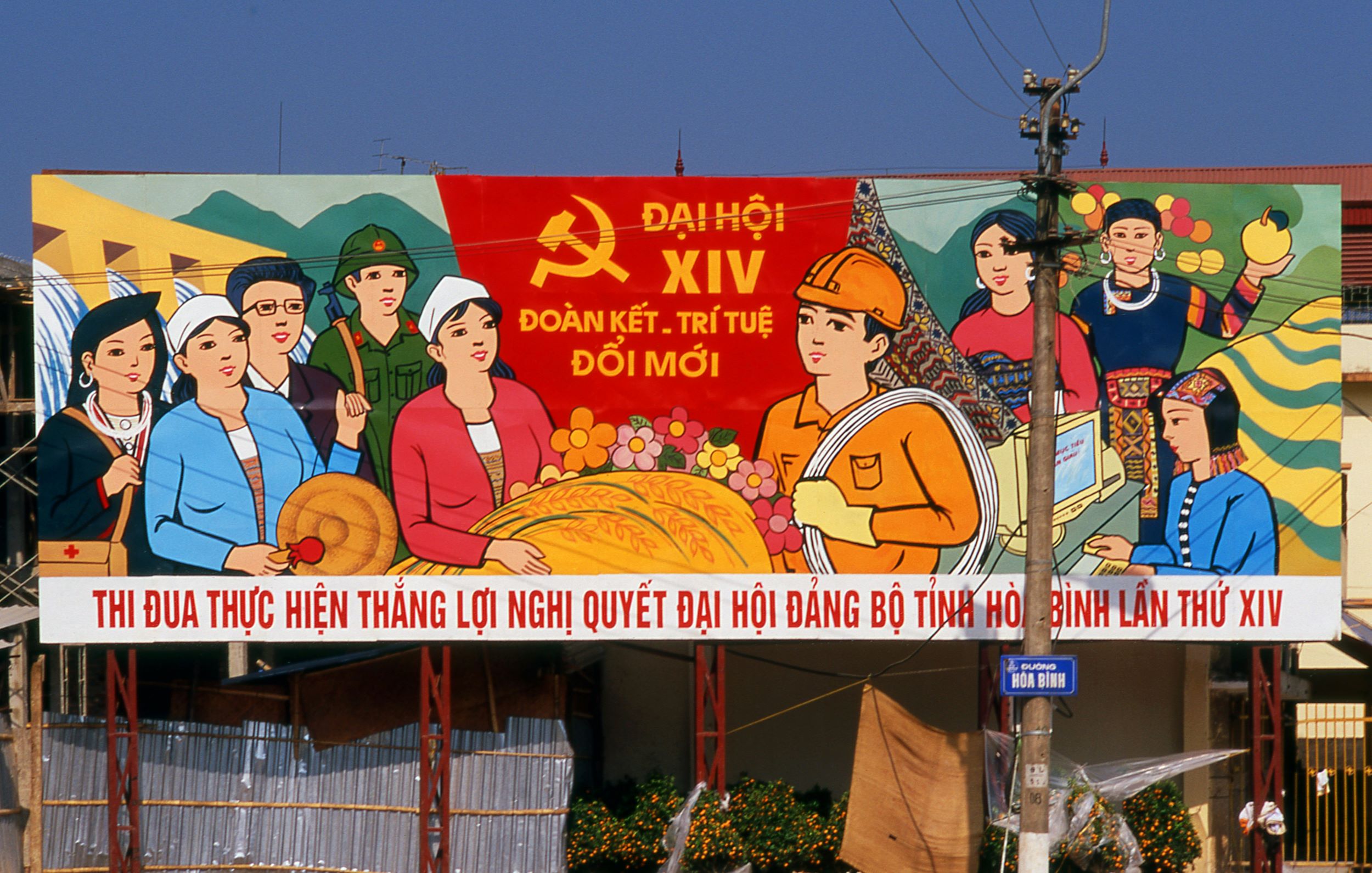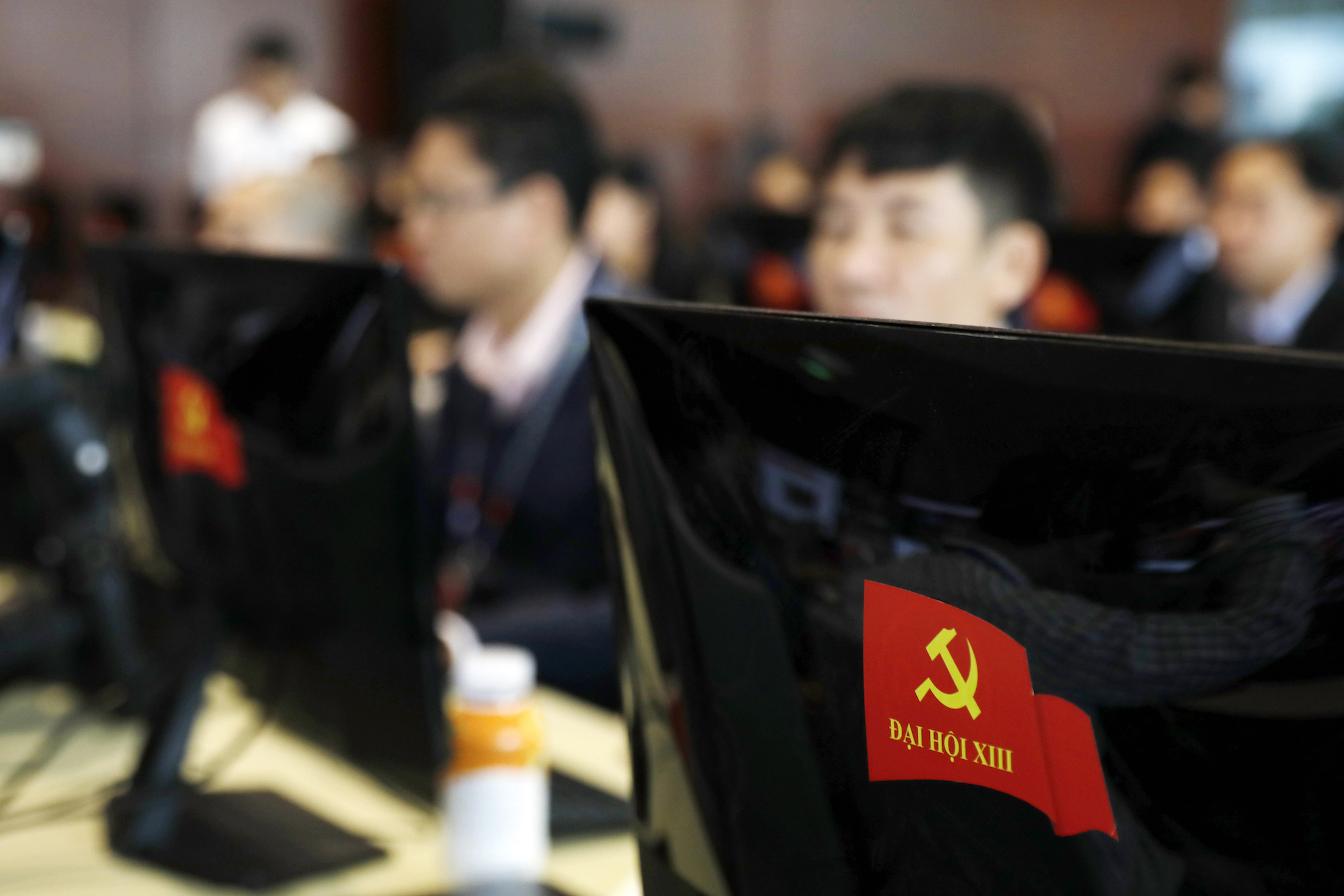In Myanmar, journalism has become a courageous act of resistance. As the military junta tightens its grip on information, journalists face growing technological, political, and security barriers. This article explores the urgent need to support Myanmar’s embattled media workers before the country slides into a full information blackout.
A Silent Disaster: Reporting on the Earthquake
When a powerful 7.7 magnitude earthquake struck Myanmar on 28 March 2025, the devastation was massive. Over 3,700 lives were lost, yet the world barely heard about it. Myanmar’s military junta barred most international journalists from entering the country. Access was so restricted that only a few managed to document the aftermath. Among them was a BBC reporter who, entering Myanmar under the guise of an Indian businesswoman, captured crucial footage with just her mobile phone. A handful of others —from Al Jazeera English and several Japanese outlets—succeeded in reporting on the situation, but coverage remained extremely limited compared to crises of similar magnitude elsewhere.
This starkly illustrates how Myanmar is slipping into a dangerous information vacuum, where even major disasters unfold unseen by the global public. In the days following the earthquake, the Myanmar Military Council officially prohibited foreign journalists from entering the affected areas, citing security concerns, difficulties with accommodation, power outages, and water shortages. When the earthquake struck, global media outlets rushed to cover the disaster in Turkey, Syria, and other affected areas. Yet, Myanmar’s earthquake, despite its massive toll, hardly made a ripple on the global radar. The junta's restrictions on foreign journalists are not just about limiting coverage but are a deliberate attempt to erase the narrative from the international stage.
The Connectivity Crisis: Battling Blackouts and Barriers
Beyond media restrictions, Myanmar’s journalists now face a daily, grinding battle against technological isolation. Electricity blackouts have become the norm, even in urban centres like Yangon, where power is often available for only four to six hours a day.
Internet shutdowns, government surveillance, and mobile network throttling further limit the flow of information. According to the Myanmar Internet Project, there have been 367 internet shutdowns across various Myanmar regions since 2021. Sagaing Region, considered the epicentre of Myanmar’s civil war, has suffered the highest number of disruptions, followed by Kachin State. These shutdowns severely hinder journalists’ ability to send reports, verify information, and maintain contact with sources — especially from conflict-affected areas.
To continue working, many journalists have turned to alternative solutions. Solar panels have become critical in rural areas, while demand for Starlink satellite internet systems has surged — despite the political controversies surrounding access and licensing. These stopgap measures, however, are expensive and precarious, accessible only to a limited few. For most independent journalists, maintaining even basic communications is a daily risk and financial burden.
The junta’s systematic efforts to sever Myanmar’s links to the outside world are not merely about controlling narratives; they are about silencing resistance entirely. Journalism, once a fledgling force for reform in the country, is being forced underground.
The Digital Coup: Criminalising Expression and Controlling Information
Alongside technological restrictions, Myanmar’s military is carrying out an aggressive legal campaign to criminalise online expression, independent journalism, and the free flow of information. This "digital coup" operates hand in hand with physical violence to suppress dissent.
The junta has weaponised existing laws — and created new ones — to target journalists, artists, and ordinary citizens alike. Under Section 72 of the Telecommunications Law, failure to properly register a SIM card can result in up to six months' imprisonment. Meanwhile, amendments to the Anti-Terrorism Law have given authorities sweeping powers to censor activities deemed anti-military, intercept electronic communications, and track people’s locations.
The human cost of this repression is staggering. In early 2024, documentary filmmaker Shin Daewe was sentenced to life in prison under these laws. Data for Myanmar reports that an average of 65 individuals per month are detained simply for criticising the junta or showing support for anti-junta movements online — with over 1,300 people arrested for their social media activity alone.
Journalists remain a primary target. As of 2025, at least 61 journalists are in detention, making Myanmar the second-worst jailer of journalists globally, behind only China. The repression extends beyond professional media: in 2023, celebrities, influencers, and artists who showed solidarity with anti-coup movements by changing their profile pictures to black faced arrest, harassment, and long prison sentences.
One chilling case is that of Sai Zaw Thaike, a photojournalist with Myanmar Now. He was arrested on May 23, 2023, while covering the aftermath of Cyclone Mocha in Sittwe, Rakhine State. Later that year, he was sentenced to 20 years on sedition charges. Since January 2025, he has reportedly faced daily physical abuse and retaliatory torture at Yangon’s Insein Prison after he and two other prisoners informed visiting human rights officials about abuses by prison staff.
Even former officials were not spared: U Ye Htut, once Myanmar’s information minister, was sentenced to 10 years in jail for a Facebook post criticising military policies.
In this environment, digital tools — once a lifeline for information and resistance — have become increasingly dangerous. For Myanmar’s journalists and citizens alike, even a simple online post can now cost decades of freedom.
Journalism as an Act of Resistance
In today's Myanmar, journalism is not simply a profession; it is an act of resistance. Every article published, every image shared, and every testimony collected carries enormous personal risk. Since the 2021 military coup, at least 150 journalists have been arrested, and dozens remain behind bars. Many more work anonymously, either inside the country or from exile, constantly navigating threats to their security.
Through my work at Exile Hub, a support organisation for displaced Myanmar journalists, I witness firsthand the courage it takes to continue reporting under these conditions. Journalists often live precariously — juggling online security, financial insecurity, trauma, and the fear of retaliation against themselves or their families. “I never know if I will wake up to a knock on the door,” says one anonymous journalist from Yangon, who now reports from exile. “But I can’t stop. People inside Myanmar need to know what’s really happening.”
Through the ‘Only My Voice Left’ initiative, Exile Hub amplified over 40 stories of Myanmar media professionals persecuted, silenced, or forced into exile. Through firsthand testimonies and experiences, the campaign shed light on their struggles and resilience, advocating for their right to freedom of expression and safety.
Yet despite the immense obstacles they face, Myanmar’s independent media refuses to disappear. They continue to document war crimes, human rights violations, and the resilience of a people who have not given up on democracy. According to the Independent Myanmar Press Council, despite the relentless pressure, many journalists remain committed to their mission, becoming the last line of defence against the junta’s totalitarian narrative.
A Global Responsibility: Why Journalism Support Matters
Myanmar’s looming information blackout should concern not only regional observers but the global community at large. When journalists are silenced, accountability disappears. Without credible reporting from inside Myanmar, humanitarian crises can go unaddressed, atrocities go undocumented, and disinformation thrives. The longer Myanmar remains in the dark, the greater the risk of disinformation taking hold. With no independent media to hold power to account, it becomes easier for the junta to create its own narrative. The result? A population increasingly isolated from the truth and vulnerable to manipulation. As Myanmar’s media landscape shrinks, the hopes for a return to democracy grow ever more distant.
Supporting Myanmar’s journalists — through safe communications, legal protections, and direct financial aid — is not mere charity. It is an investment in truth, transparency, and justice. Journalism is the backbone of any democratic society; when it is extinguished, so too are the hopes for freedom. Since 2021, Exile Hub has supported over 2,100 journalists and human rights defenders from Myanmar. Two of its projects, the Critical Voices Fellowship and Grants, have become a lifeline for many journalists, providing not only a platform to share stories but also tangible support, such as financial aid for safety measures and secure communication tools.
Journalism in Myanmar is no longer a simple act of reporting. It is a struggle for survival, a fight for truth in a world that seems increasingly hostile to freedom of expression. The international community cannot afford to remain silent. The time to act is now—before Myanmar’s last remaining independent voices are completely extinguished.
Disclaimer: The views and opinions expressed in this article are those of the author and do not necessarily reflect the official policy or position of Al Jazeera Journalism Review.























![Palestinian journalists attempt to connect to the internet using their phones in Rafah on the southern Gaza Strip. [Said Khatib/AFP]](/sites/default/files/ajr/2025/34962UB-highres-1705225575%20Large.jpeg)




















